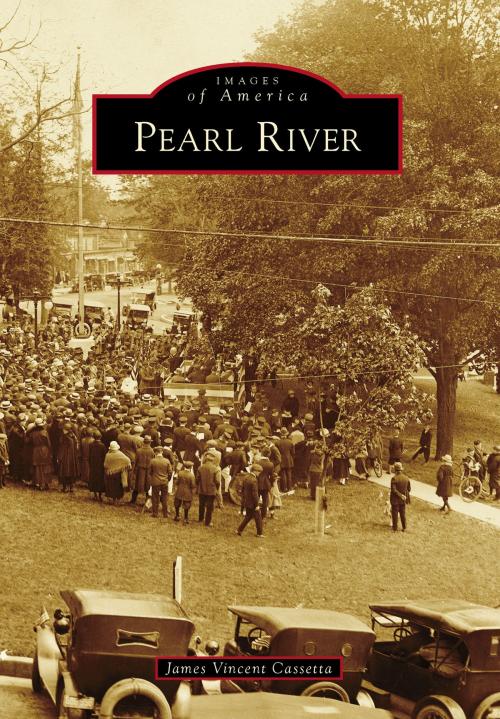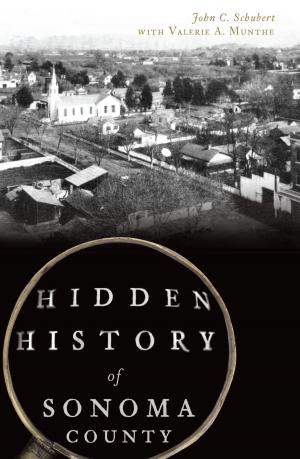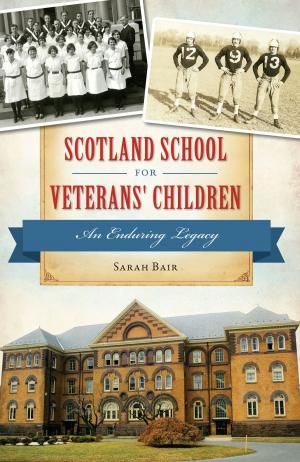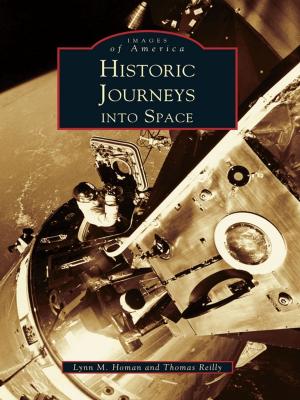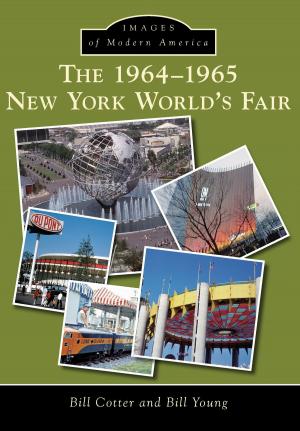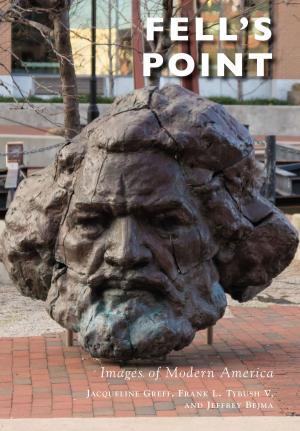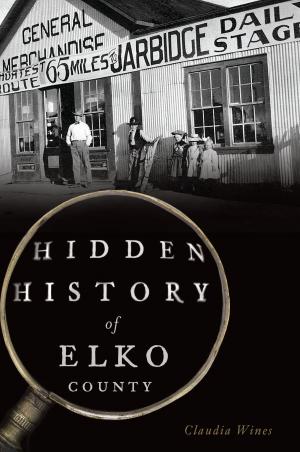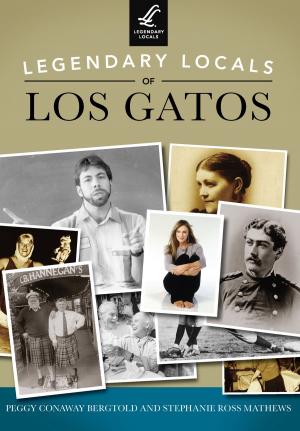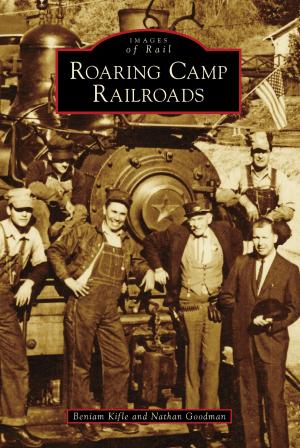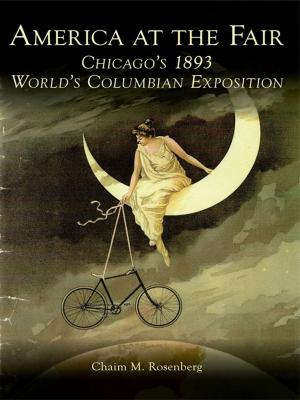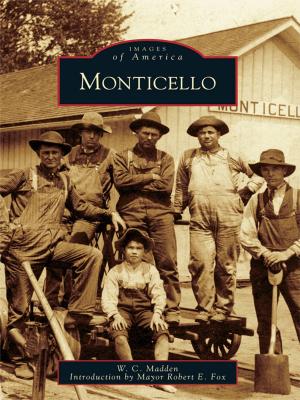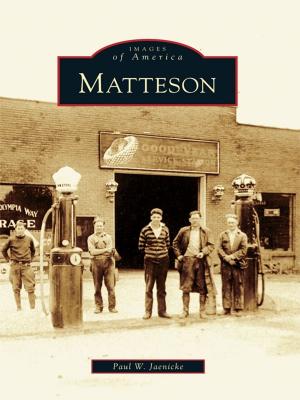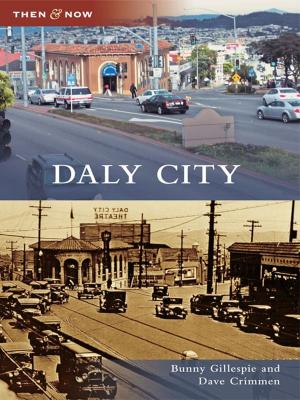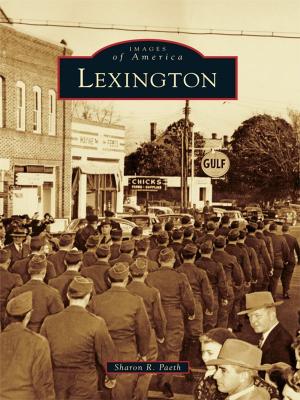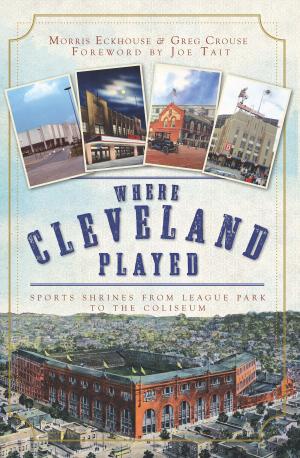| Author: | James Vincent Cassetta | ISBN: | 9781439647288 |
| Publisher: | Arcadia Publishing Inc. | Publication: | September 15, 2014 |
| Imprint: | Arcadia Publishing | Language: | English |
| Author: | James Vincent Cassetta |
| ISBN: | 9781439647288 |
| Publisher: | Arcadia Publishing Inc. |
| Publication: | September 15, 2014 |
| Imprint: | Arcadia Publishing |
| Language: | English |
Pearl River was part of a royal land patent issued to two New York businessmen, Daniel Honan, the accountant general of New Amsterdam, and Michael Hawdon, a friend of the infamous Captain Kidd. Immigrants later settled in areas they called Nauraushaun, Middletown, Pascack, Sickletown, Orangeville, and Muddy Brook. In the 1870s, Julius Braunsdorf permitted the New York & New Jersey Railroad to run an extension through his property, which gave his new sewing machine factory access to markets and materials. The factory would later be enhanced to produce the first newspaper-folding machines. In 1906, Dr. Ernst Lederle, a former New York health commissioner, began a laboratory to produce antitoxins and other medicines. With the success and growth of these inventors and their businesses, Pearl River became a nationally known company town. Since the opening of the Tappan Zee Bridge, it has evolved into a friendly, modern bedroom community of New York City and the second-largest hamlet in New York State.
Pearl River was part of a royal land patent issued to two New York businessmen, Daniel Honan, the accountant general of New Amsterdam, and Michael Hawdon, a friend of the infamous Captain Kidd. Immigrants later settled in areas they called Nauraushaun, Middletown, Pascack, Sickletown, Orangeville, and Muddy Brook. In the 1870s, Julius Braunsdorf permitted the New York & New Jersey Railroad to run an extension through his property, which gave his new sewing machine factory access to markets and materials. The factory would later be enhanced to produce the first newspaper-folding machines. In 1906, Dr. Ernst Lederle, a former New York health commissioner, began a laboratory to produce antitoxins and other medicines. With the success and growth of these inventors and their businesses, Pearl River became a nationally known company town. Since the opening of the Tappan Zee Bridge, it has evolved into a friendly, modern bedroom community of New York City and the second-largest hamlet in New York State.
